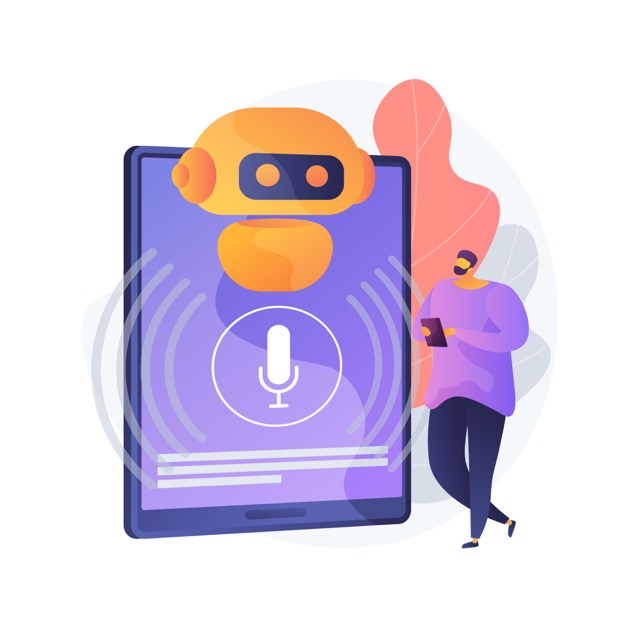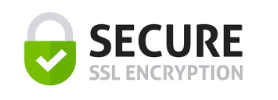Founded in Denmark. We respect your privacy.
Join a worldwide community of language learners
How AI Can Enhance TOEFL Preparation
Last updated on
Preparing for the TOEFL exam requires mastering four key language skills: reading, writing, listening, and speaking. Traditionally, practice has been done through textbooks and standardized exercises, but AI-based tools have revolutionized this approach. As a language teacher, I’ve seen how AI can significantly benefit TOEFL students in several ways:
1. Speaking and Pronunciation Practice
One of the most challenging parts of the TOEFL is the speaking section. It requires candidates to articulate their thoughts clearly and fluently within a limited time frame. With AI-powered platforms, students can practice real TOEFL-like speaking prompts and receive instant, detailed feedback on their pronunciation, fluency, and grammar. The ability to self-correct immediately helps learners develop their speaking skills faster, especially when it comes to overcoming common issues like pronunciation of difficult words or speaking pace.
2. Listening to a Range of Accents
The TOEFL listening section includes speakers from various English-speaking regions, including the U.S., U.K., and Australia. AI tools offer the ability to practice listening to different accents, ensuring students are well-prepared for the variety of voices they’ll encounter during the test. By exposing learners to diverse accents, AI helps them develop the skill to understand nuances in different speech patterns, making the listening section less intimidating.
3. Personalized Learning
Every student has unique strengths and weaknesses when it comes to language skills. AI-powered platforms analyze individual performance data and adapt the learning experience accordingly. For example, if a student consistently struggles with specific grammar rules or reading comprehension questions, the system can provide additional exercises in those areas, ensuring targeted improvement. This personalized approach is far more effective than a one-size-fits-all method often seen in traditional test prep.
4. Real-Time Writing Feedback
For many students, the TOEFL writing section is a major hurdle, especially for non-native English speakers. AI tools can evaluate writing samples in real-time, highlighting errors in grammar, syntax, and style. The instant feedback allows students to revise their essays on the spot, improving their writing skills faster than they would through manual correction. Additionally, AI can help students structure their responses more effectively, teaching them how to organize their thoughts within the word limits required by TOEFL.
5. Simulating the Real TOEFL Experience
The key to doing well in standardized tests like TOEFL is familiarity with the test format. AI platforms often provide full TOEFL simulations, allowing students to experience the test environment, pacing, and time constraints. This not only reduces test-day anxiety but also helps students gauge their readiness for the real exam. Simulations provide insight into how they would perform under actual conditions and highlight areas where they need further practice.
Final Thoughts: The Role of AI in TOEFL Preparation
While AI will never fully replace human teachers, it offers powerful supplemental tools that can drastically improve the way students prepare for exams like TOEFL. Through personalized feedback, adaptive learning, and real-world simulations, AI tools make it easier for learners to target their weaknesses and master the language skills necessary for success. As a language teacher, I’ve found that integrating AI with traditional methods offers the best of both worlds—precision learning with a human touch.


